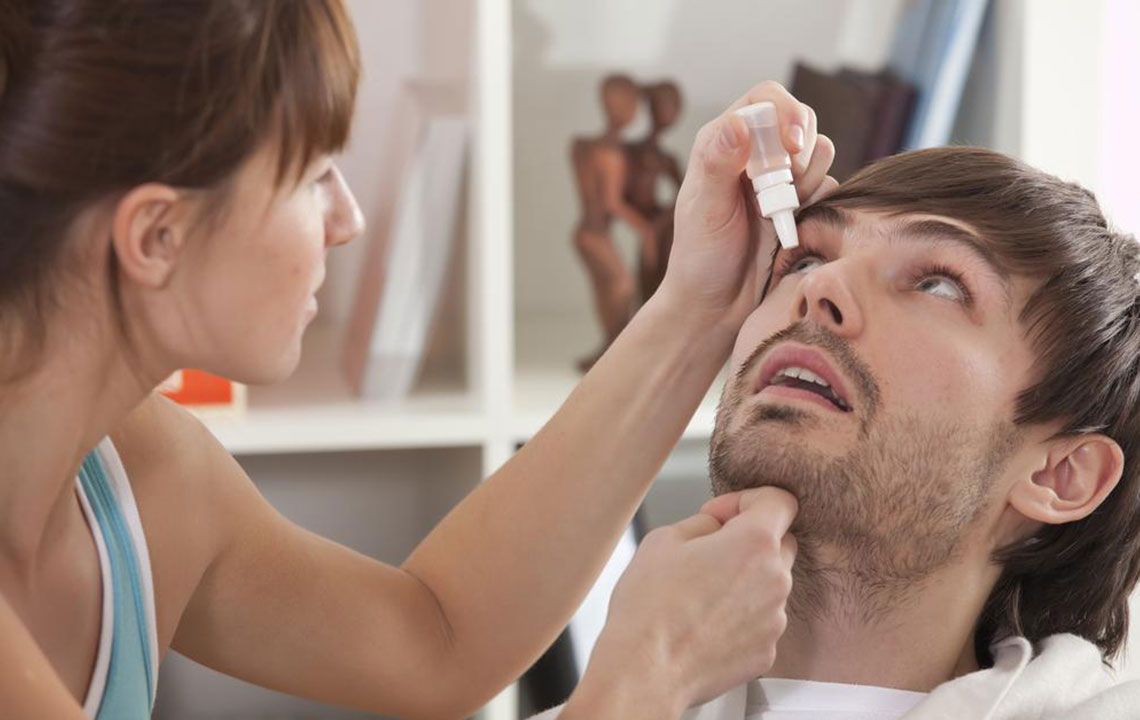Dry eye syndrome – How to prevent it
Having dry eye syndrome and living with it can be a challenge in itself. Besides administering the eye drops and ointment to manage the dry eyes symptoms, there are numerous simple ways to aid in the prevention of dry eyes. Some of these are as follows:
Avoiding areas with high air movement
By this, it is indicated that you should limit your exposure to hair dryers and fans. You may also wear wraparound sunglasses in case you are not able to avoid such circumstances.
Using warm compresses
Placing a warm compress on the eyes washing and off the eyelids with baby shampoo for releasing the oil in the glands present in the eyelids can be effective as well.

Taking a healthy fat supplement
Studies have reported that adding Omega 3-fatty acid supplement to the diet can help in alleviating dry eye symptoms. In case you are not able to take enough flax seeds and oily fish, you may seek resort to the pill supplements. But before you take them, you should consult with an ophthalmologist to determine whether you should take Omega 3 fatty acids from your foods or in supplement form and what should be the dosage.
Using a humidifier during colder months
The heating systems present in most homes can dry out the air of the house which, in turn, can trigger the dry eye problem. So, in such cases, some water can be added to the radiator of the humidifier as it will help in adding moisture to the ambiance.
Quitting smoking
Even when you are exposed to passive smoking, smoke can irritate your eyes and make them dry. Smoking may also increase the risk of developing dry eye syndrome.
Dry eye syndrome is considered a chronic condition and therefore, you should be aware of some preventive measures that can help in warding off the dry eye symptoms.

